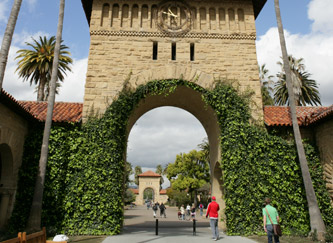Influence and Negotiation Strategies Program
Participants in the Influence and Negotiation Strategies Program, already leaders in their respective companies, are delighted at the practicality and direct application potential of the concepts taught in this program. The curriculum is focused, rigorous, and fast-paced and the faculty encourage group interaction and inquisitiveness, allowing participants to not only enhance their influence and negotiation skills, but also build relationships with fellow participants.








